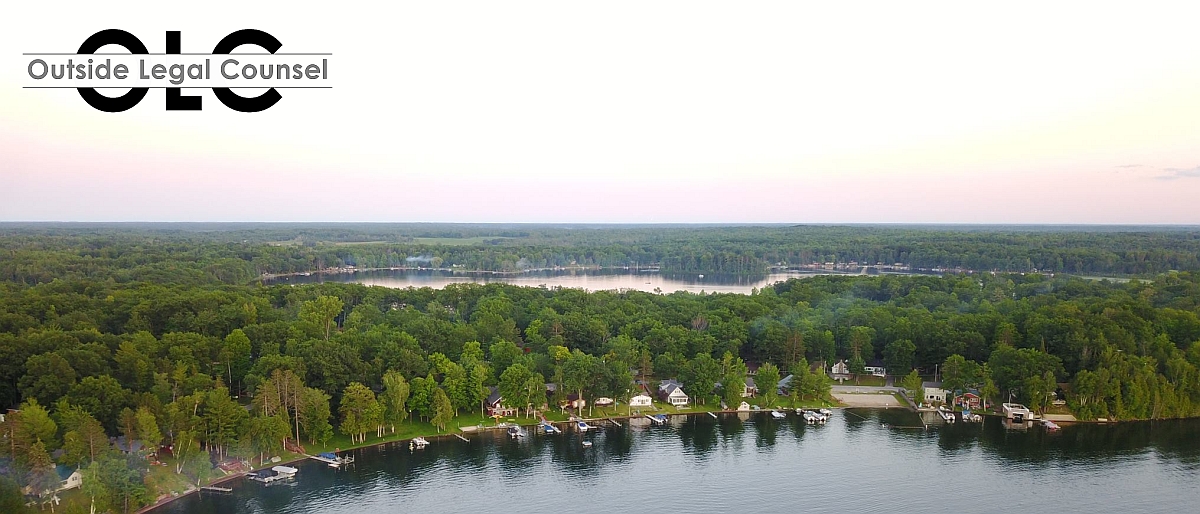In Michigan, prescriptive easements “arise” where a person merely uses, but does not possess, the land of another for a particular purpose without permission for 15 years. The legal fiction behind this claim is “founded on the supposition of a grant” of property rights because the applicable statute of limitations has run.
The legal claim of prescriptive easement is highly similar to an adverse possession claim. At its basics, Michigan law provides that when someone uses another’s land in the same manner for 15 or more years, the trespasser can claim that he or she now has a proper permission, i.e. a prescriptive easement.
However, a common overlooked exception to a claim of prescriptive easement is the “wild lands doctrine.”
When a 15+ year trespasser goes to court and claims to have a prescriptive easement, it must be proved 1.) the use was not based upon permission of the current landowner, 2.) the use was “hostile” to the owner. Hostility has a specialized legal definition, meaning to act contrary to the legal interests of the property owner.
A few early 1900 decisions of the Michigan Supreme Court recognizes, however, the “general custom” of owners of “wild and unenclosed lands” implied providing ongoing permission for the public to pass over such land without hindrance. In other words, the use for a way of passage of unenclosed vacant land not in use by the owner, or even mere possession of it, is not in itself hostile to the owner; a lack of hostility means a lack of successful prescriptive easement claim.
This is known as the wild lands doctrine. It has been successfully used to kill prescriptive easement claims.
Legal authority: Du Mez v Dykstra, 257 Mich 449 (1932); Menter v First Baptist Church, 159 Mich 21 (1909).
